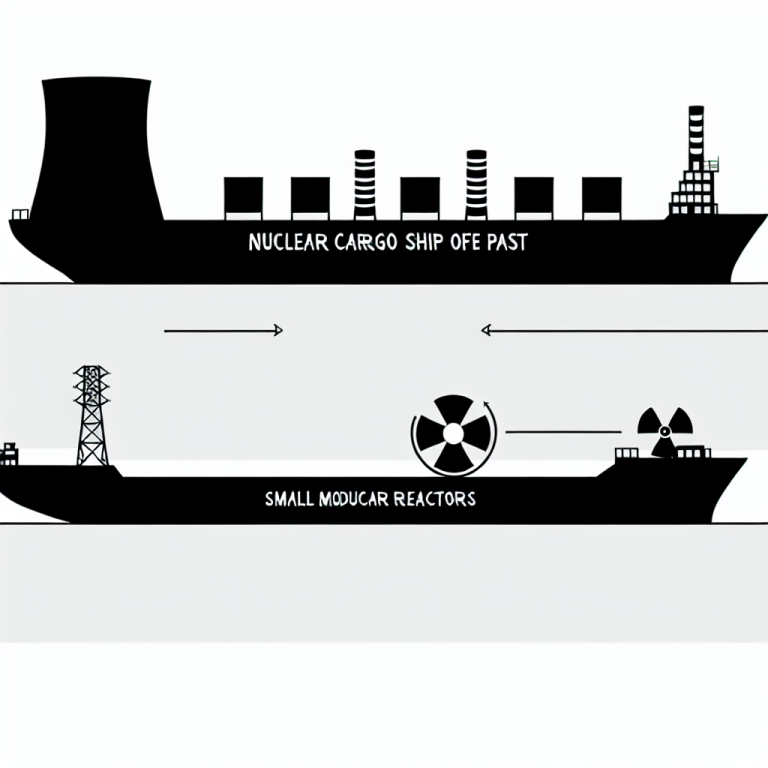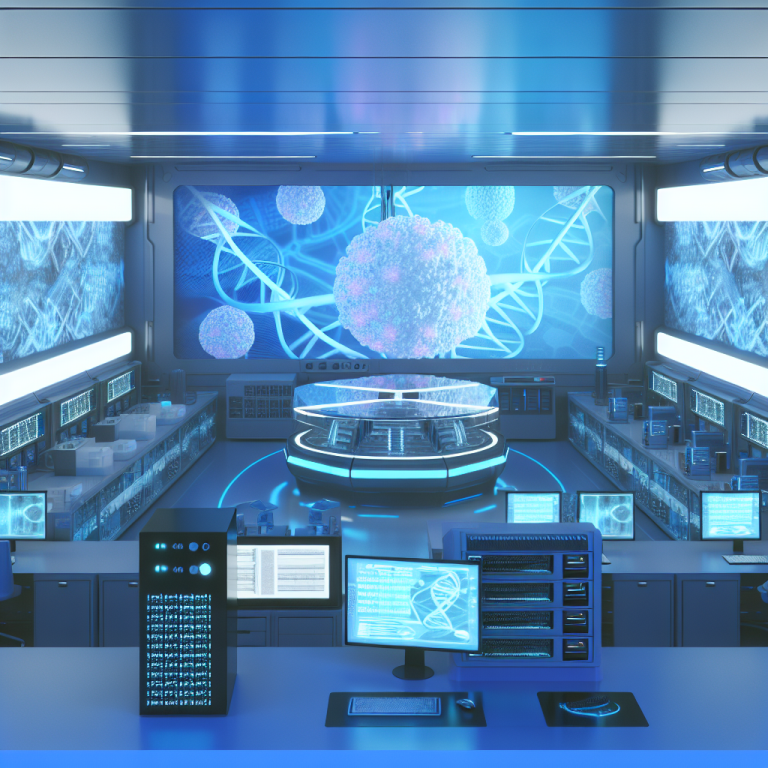The shipping industry, long reliant on fossil fuels to power its vessels, is facing increasing pressure to reduce its carbon emissions. With over 300 million tonnes of fossil fuels used every year, producing 3 percent of greenhouse gas emissions, the industry is under scrutiny to make significant changes to meet climate goals.
In response, the industry has been exploring various alternatives to traditional diesel fuel, such as liquefied natural gas, methanol, and hybrid propulsion. However, these options still fall short of the ambitious net-zero emissions goal set for 2050 by the International Maritime Organization (IMO).
Enter nuclear propulsion. While nuclear cargo ships failed decades ago due to the complexity and cost of their pressurized light-water reactors, recent advancements in nuclear technology have reignited interest in using nuclear power in maritime vessels. Small modular reactors (SMRs) developed by companies like TerraPower and Newcleo offer a safer and simpler alternative to conventional reactors.
According to Hvard Lien, vice president of research and innovation at Vard Group, nuclear power may be the only abundant, realistic, carbon-free option for the shipping industry. With SMRs, ships could go years without refueling, freeing up space for cargo and passengers and reducing the need for large fuel tanks.
Several initiatives around the world are exploring the feasibility of nuclear-powered ships. The Norwegian consortium NuProShip aims to develop a Generation IV reactor for marine vessels, while Italian shipbuilding company Fincantieri and British startup Newcleo are conducting a feasibility study for deploying a 30-megawatt reactor.
In Japan, Imabari Shipbuilding and other companies have invested in Core Power to develop floating nuclear power plants using SMR technology. South Korea is also planning to develop and demonstrate large ships powered by SMRs, while the U.S. Department of Energy has commissioned a study to identify suitable reactors for merchant ships.
Despite past challenges with nuclear-powered merchant ships, new reactor technologies and the immense scale of the shipping industry’s decarbonization challenge are driving a reevaluation of nuclear propulsion. According to Jan Emblemsvg, professor of ocean operations and civil engineering at the Norwegian University of Science and Technology, SMRs offer a compact and lightweight alternative to traditional engines, with potential cost savings over the lifetime of a vessel.
With the industry facing increasing pressure to reduce emissions and meet climate goals, nuclear propulsion may offer a promising solution for cutting carbon emissions in the shipping sector. While challenges remain, advancements in SMR technology are paving the way for a potential resurgence of nuclear-powered ships on the high seas.
Source: https://spectrum.ieee.org/nuclear-powered-cargo-ship




